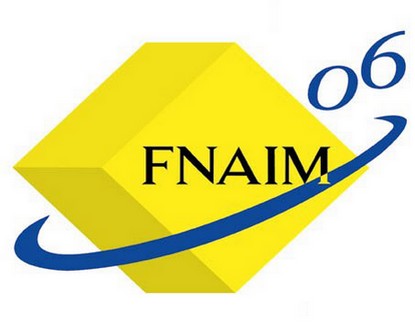The traditional conference by FNAIM President Frédéric Pelou confirms the predictions: The real estate market on the Côte d’Azur is in serious recession, and moreover, there is no reason to think of a trend reversal. The golden age of double-digit price evaluations is over, the future looks rather bleak, and the watchword is to resist. But for how long?
A continuously declining activity since the second quarter of 2012
The main reason for this decline is the “detachment” of an increasingly significant portion of active clientele, mainly concentrated in the Nice area, for two reasons:
– Concern about committing to a large-scale project due to fears regarding employment;
– Erosion of personal contributions needed for financing, especially due to the disappearance of the zero-interest loan (PTZ) in the old property.
In other markets, a wait-and-see attitude is prevalent among both buyers and sellers and is expected to persist at least during the first half of 2013, for several reasons:
– Persistence of a gloomy economic climate that does not favor the return of confidence, a key driver of real estate investment;
– Absence of incentive measures, notably the return of a PTZ in the old property, which would have been beneficial, and the continued tightening of fiscal policies (increased taxation on capital gains, increased wealth tax, reduction of tax breaks, increase in VAT on maintenance and renovation works, rent regulation, increases in property and housing taxes… which are overshadowed by those that will follow the revision of cadastral values in a few months);
– A rental relationship bill that seems unlikely to favor landlords.
All these factors combined paint an overall unattractive picture of property ownership.
The professionals most likely to withstand the difficulties will be those who have diversified their activities, notably through property management, which generates recurring income.
Strong resistance to price drops
With a forecasted variation between 0 and -2% for 2013, the resale price level is not expected to be a decisive adjustment variable to make buyers more solvent, even if sellers declare themselves more willing to negotiate.
Prices are therefore expected to remain disconnected from the sharp decline in activity, given how scarce supply is compared to the volume of demand.
In short, the conditions for public action to support the housing sector are already in place.
“The State cannot only resort to financially and fiscally taxing housing, especially if it lacks the means to uplift it. No PTZ in the old property, no deductibility, no incentive VAT, no special tax status for capital gains, agreed. But at least this torrent of bad news must stop, which has a terrible consequence: depriving France of a democratic housing market,” concludes Frédéric Pelou, President of FNAIM Côte d’Azur.
A bleak situation that heavily impacts one of the key sectors of the azurean economy.
We eagerly await the framework law promised by Minister Cécile Duflot before summer, hoping that its contents can revive the real estate sector.


